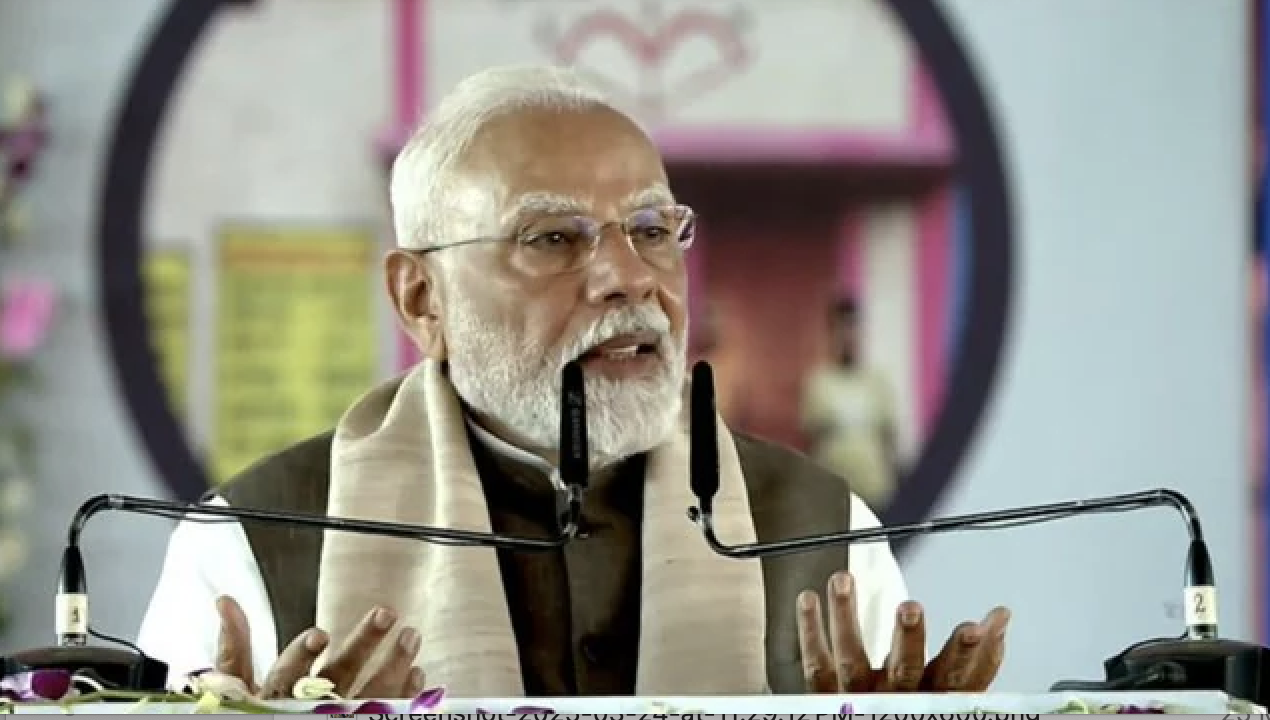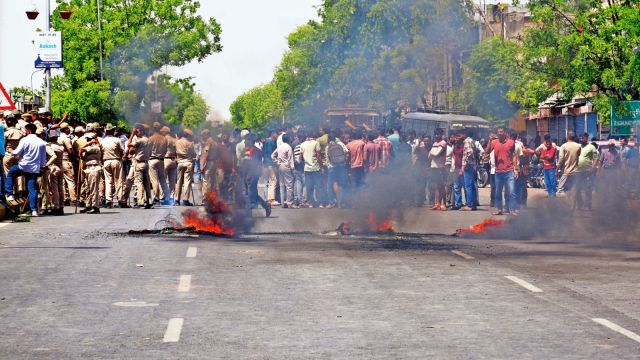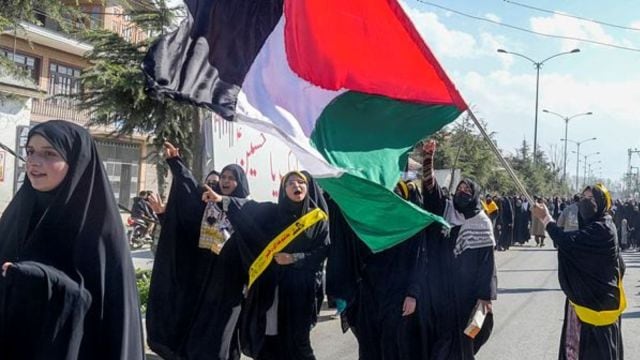
A court decision to ban headscarves in schools in the southern Indian state of Karnataka last week has raised questions about new limits on diversity and inclusion in educational spaces and everyday life in the country.
Given India’s religious pluralism, many feel that the recent order infringes on people’s right to freely express themselves through dress.
“India is a country in which every 200 kilometers (124 miles), language, food and culture changes. We are such a diverse country with numerous cultures and practices. Rather than criticize someone’s culture, we should support each other,” Savita Gupta, a social worker from Rajasthan, told DW.
“How can minority groups be required to fit into a new social order which the political class wants?” she asked.
Last week, a high court in Karnataka upheld a government order that had banned headscarves in classrooms, ruling that wearing them is not an integral part of religious practice in Islam.
The court’s decision and the hijab controversy are part of a volatile cultural debate in India over the place of Islam, of which there are over 200 million followers in the country, in a political environment that is becoming increasingly dominated by Hindu nationalism.
Last month, huge protests erupted across Karnataka state following the government’s decision to ban hijabs, or headscarves, in schools and colleges.
After six students were banned from entering a college in Karnataka’s coastal Udupi district for wearing hijabs on January 1, the debate over the rights of Muslim women, pluralism and secularism has taken hold in India.
Given that religious nationalism has increased in recent years, especially with the rise of the ruling right-wing Bharatiya Janata Party (BJP), observers have said attempts are being made to create a standardized society by transforming or belittling existing pluralistic structures.
“Every year on Republic Day, our plurality is on full display. Intervening in girls wearing the hijab is unacceptable. There is both a constitutional and an executive position on accepting all forms of clothing,” human rights lawyer Tulika Srivastava told DW.
Experts say the ban on hijabs in schools also further marginalizes Muslim women in the country.
“There have been several instances of Indian-Muslim women becoming the targets of the Hindu hatred. Their citizenship is being questioned and their patriotism challenged. Whenever they assert their civil and constitutional rights, they are branded as political agents,” Sana Aziz, an assistant professor at Aligarh Muslim University, told DW.
This article first appeared on dw.com






